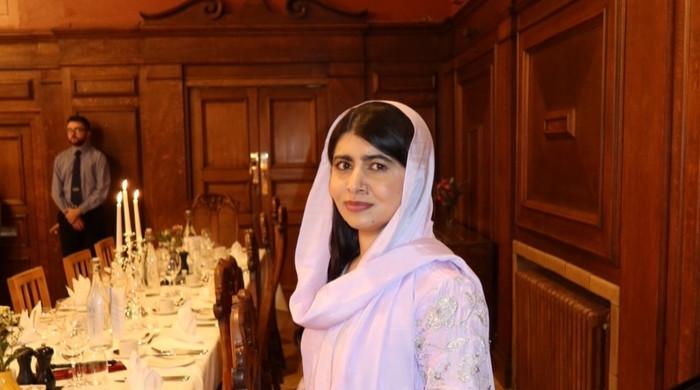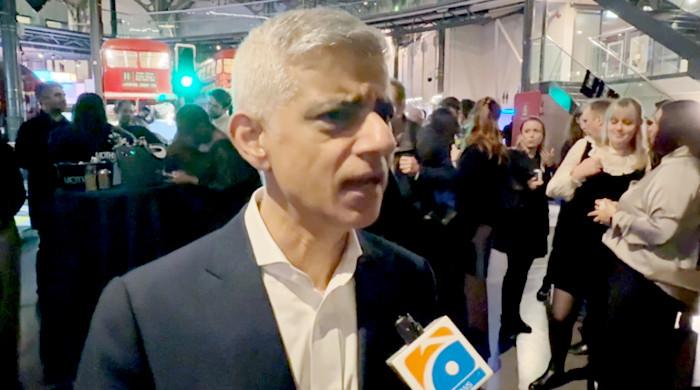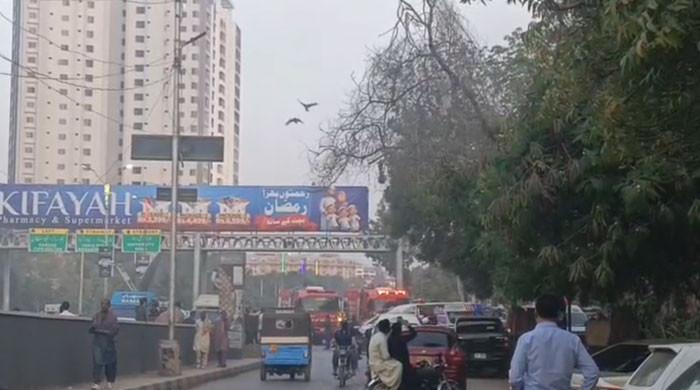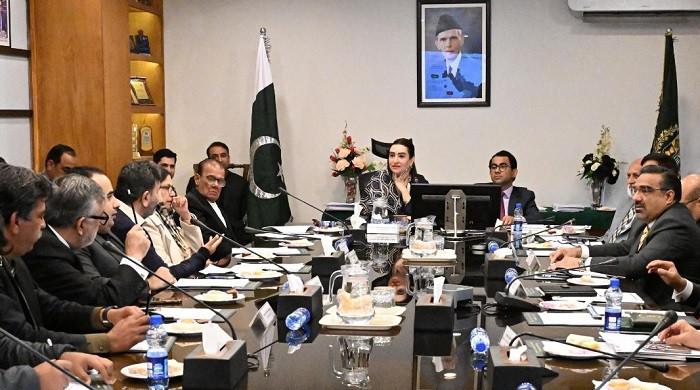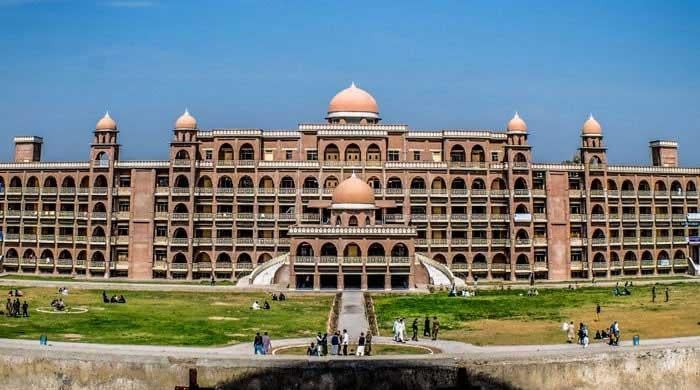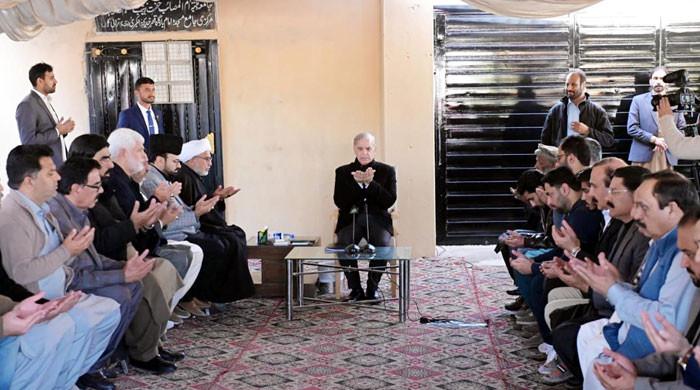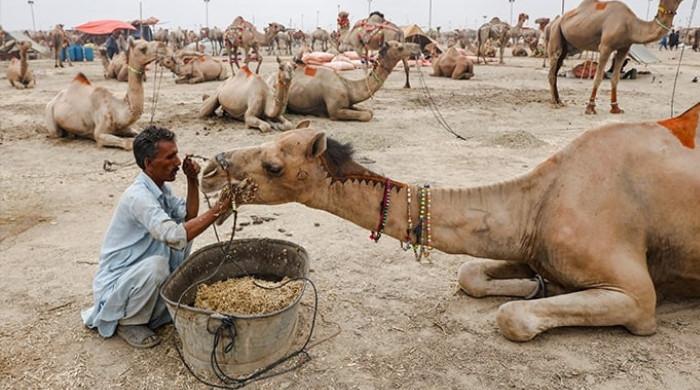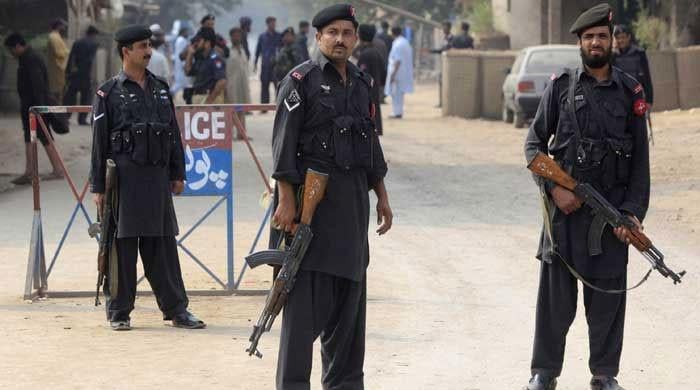Analysis: What does MQM-P have to gain from siding with the opposition?
Spotlight is on Karachi-based MQM-P with less than a week to go before NA votes on a no-confidence motion against PM Imran Khan
March 30, 2022
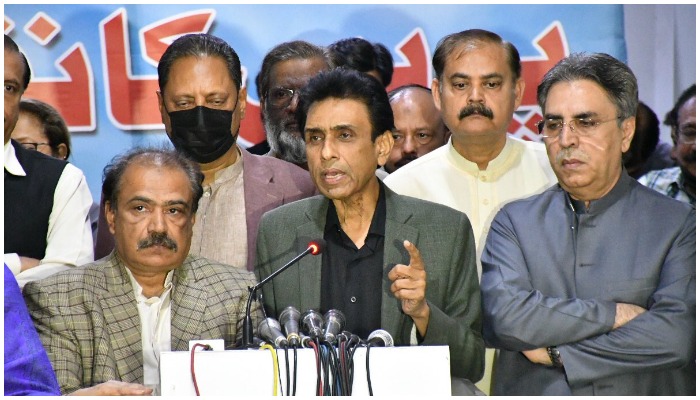
With less than a week to go before the National Assembly votes on a no-confidence motion against Prime Minister Imran Khan, the spotlight is on the Karachi-based Muttahida Qaumi Movement - Pakistan.
The MQM-P is the largest ally of Khan’s Pakistan Tehreek-e-Insaf (PTI), with seven members in the NA.
If they decide to side with the Opposition political parties, it would give the vote of no-trust a comfortable lead to oust the prime minister. But should the MQM-P decide to stick with the government, the Opposition could be in trouble.
So, which way will the pendulum swing? The jury is still out on that.
Till then, Geo.tv asked political commentators and journalists what the MQM-P aims to gain by deserting the ruling party?
'To stop PPP’s encroachment on their turf'
After the 18th Amendment, all powers and resources are with the Sindh government. Now, since the PPP has a majority in the Sindh Assembly, it has been taking powers from the city governments and redrawing constituencies to help it win the local government polls in Karachi and Hyderabad.
In this situation, the no-trust move provides an opportunity to the MQM-P to bargain with the PPP and stop it from encroaching on its turf in major cities.
But the MQM-P also knows that the PPP might not fulfill its demands and the partnership might not last long, so it has made the Pakistan Muslim League-N (PML-N) and the Jamiat Ulema-i-Islam-Fazl (JUI-F) as guaranteer.
The PPP will have to give up a lot because of this new pact. This means that in the coming days, the PPP will come under pressure from its core Sindhi support base and Sindhi ethnic parties.
It is also important to remember that despite being part of the federal government, and in coalition with the PTI, the MQM-P didn’t accept the PTI’s mandate in Karachi and would regularly claim that polls in the city were stolen and given to the PPP.
Thus, being in coalition with the PTI did not benefit the MQM-P much. Firstly, most of the issues it was facing fell under the control of the provincial government. Secondly, their demand of opening their party offices, and releasing their missing workers, are linked with the establishment.
— Senior journalist Zia ur Rehman.
'Good opportunity for MQM-P to ensure space in local polls'
If the MQM-P has decided to go with the Opposition, regardless of whether they have assurances from the PML-N or not, in the long run the PPP and the MQM-P will need to come up with some power-sharing solution for Sindh and especially Karachi.
This is a good opportunity for the MQM-P to figure out a way to ensure a space in the local government, which till now the PPP has been miserly about.
In the last national polls, the PTI had dented the MQM-P's vote bank. Yet, the PTI was largely missing when it came to problems faced by the people of Karachi.
So, if the MQM-P does happen to side with the Opposition, and if the party has negotiated with political astuteness as PML-N’s Rana Sanaullah stated yesterday, then it’s a win for the MQM-P and also potentially for Karachi, as when it comes to the local government, the MQM-P has a legitimate claim.
Regardless of whether the “umpire” wants this or not, at the end of the day, the PPP and the MQM-P will just have to sit together, otherwise the situation in Karachi will continue to be chaotic.
— Zebunnisa Burki, Opinion editor The News




